Christ is risen! He is risen indeed! Alleluia!
The Paschal Triduum, as you may know, is a long, three-day liturgy that begins with the Mass of the Lord’s Supper on Holy Thursday, continues with the Liturgy of the Lord’s Passion on Good Friday, and concludes tonight, here, as we celebrate the Great Easter Vigil in the Holy Night. So right now, we are more or less three-quarters into the celebration, and we’ve covered a lot of ground. Back on Thursday night, Father John urged us not to be mere spectators of these events, not to observe the celebration from 500 feet, but to put ourselves in the story and experience that evening with the disciples. He spoke of the various movements in that celebration: the eating of the Passover meal at the Last Supper, the washing of the feet, the institution of the priesthood and the Eucharist. And finally, the agony in the garden that culminated in the arrest of Jesus. He reminded us that real love didn’t consist of just doing what we wanted to do for people, but instead to discern and do what they most needed, just as Jesus knew the apostles needed their feet washed, and needed to grow in their capacity to love as future leaders.
This entering into the events is a part of Catholic theology, liturgy, and spirituality called anamnesis. One could translate anamnesis as memory, remembrance, or commemoration, but none of those is especially adequate. Anamnesis is a remembering in the sense of entering into the event as if it were in the present, of being part of the event itself.
If you’re a cook or baker, maybe you’ve had the experience of making a family recipe, and it brings to mind the loved one who taught it to you, and then you remember a story you shared when that person made it, and then that loved one is almost present to you, and you shed a tear mixed with a smile and a tug at your heart. That’s a little bit of what anamnesis is like. Placing oneself at the Last Supper, in the Upper Room, at the Garden of Gethsemane, and even at Golgotha and the Empty Tomb and letting those events change you as Father John suggested, that’s anamnesis. It’s realized most perfectly in the celebration of the Eucharist, where we don’t just recall the Last Supper and the Crucifixion, but are spiritually present there with all the people of every time and place in every church in the world, on earth and in heaven; where we don’t just receive a symbol of the Lord, but actually receive his body, blood, soul and divinity in the consecrated host. Anamnesis is powerful because it catches us up in the divine life of our Lord, who came to gather up and redeem our broken humanity.
Father James continued the anamnesis yesterday afternoon as we gathered to continue the Triduum Liturgy with the Commemoration of our Lord’s Passion. He reminded us that Jesus wasn’t some kind of helpless victim put to death on the cross, but instead our Lord who willingly laid down his life for us, went to battle to combat sin and death, and, in a somewhat gross analogy, exploded death from the inside out. He invited us to see in the Cross our own sin, failures, and frailty, but also the means of our salvation brandished by our Lord in the battle against all that frailty. We then venerated a cross, which symbolized that Cross that was the Altar of Our Lord’s Sacrifice, and finally we were fed with the Eucharist, presanctified on Thursday night, which nourished us with the Lord’s strength to find true contrition and Divine Mercy.
The anamnesis continued during this evening’s extensive Liturgy of the Word. In it, we have heard stories of our salvation, God’s saving action in the world throughout all time. Each of our readings has been a stop in the history of God’s love for us. God’s plan for salvation began back at the beginning of it all. Each of the days was hallowed with precious creation, and all of it was created and pronounced good. Then Abraham’s faithfulness and righteousness earned us a future as bright as a zillion twinkling stars. Later, as Moses and the Israelites stood trapped by the waters of the Red Sea, God’s providence made a way for them and cut off their pursuers, making the future safe for those God calls his own. The prophet Isaiah calls us to seek the Lord while he may be found, not spending our lives on things that fail to satisfy, but investing in our relationship with God that gives us everything. The prophet Ezekiel foretells the re-creation all humanity will experience as they come to know Christ and are filled with the Spirit. Saint Paul rejoices in the baptism that has washed away the stains of sin as we have died and risen with Christ, and has brought us into a new life that leads ultimately to God’s kingdom. And finally, our Gospel tonight tells us not to be afraid, to go forth into the Galilee of our future and expect to see the Risen Lord. And in all of it, we are present, if we accept our Lord’s invitation to enter in.
“You shall be my people, and I will be your God” (Ezekiel 36:28). I love that last line from the last of the Old Testament readings we heard tonight. There is a covenant, there has always been a covenant, there always will be a covenant. God created us in love, and he loves us first and best. No matter where we may wander; no matter how far from the covenant we may stray, God still keeps it, forever and always. We will always be his people and he will always be our God. If I had to pick a line that sums up what we’re here for tonight, what we’ve been here for these last 40 days of Lent, that would be it.
And that covenant is pivotal truth in this time of apathy, falsity, and general disinterest. Against all of that, the Church serves as a beacon of truth and grace and mercy as she reflects the glory of our Risen Lord. Our world may indeed be jaded by corruption, hatred, violence, crime, war, racism, lack of concern for the lives of the unborn and the vulnerable, neglect of the poor, and so many other maladies. But when we accept the covenant in our lives, we can be transformed, and become that beacon, and lead those disaffected by the world to the glorious light of God’s redeeming presence.
We have journeyed with our Lord for three days now. We ate with him, we prayed through the night with him, we saw him walk the way of the Cross and tearfully recalled his crucifixion. We reverenced the Cross, joining our own crosses to his. Now we’ve stayed up all night and shared the stories of our salvation, with eager excitement at the ways God has kept that covenant through the ages. A roaring fire shattered the darkness, and a candle was lit to mingle with the lights of heaven. Then grace had its defining moment as Christ shattered the prison-bars of death and rose triumphant from the underworld.
It’s so important that we enter into Lent and the Triduum every year. Not just because we need to be called back from our sinfulness to the path of life – yes, there is that, but it’s not primary here. What is so important is that we see that the Cross is our path too. In this life we will have trouble: our Savior promises us that. But the Cross is what sees him overcome the world and all the suffering it brings us. We will indeed suffer in this life, but thanks be to God, if we join ourselves to him, if we take up our own crosses with faithfulness, then we can merit a share in our Lord’s resurrection, that reality that fulfills all of the salvation history that we’ve heard in tonight’s readings.
Our birth would have meant nothing had we not been redeemed. If we were born only to live and die for this short span of time, how horrible that would have been. But thanks be to God, the sin of Adam was destroyed completely by the death of Christ! The Cross has triumphed and we are made new! Dazzling is this night for us, and full of gladness! Because our Lord is risen, our hope of eternity has dawned, and there is no darkness which can blot it out. We will always be God’s people, and he will always be our God!
And so, with great joy on this most holy night, in this, the Mother of all Vigils, we rightfully celebrate the sacrament of holy Baptism. Our Elect will shortly become members of the Body of Christ through this sacrament which washes away their sins. Then they will be confirmed in the Holy Spirit and fed, for the first time, on the Body and Blood of our Saving Lord. It’s a wonderful night for them, but also for us, as we renew ourselves in our baptismal promises, and receive our Lord yet again, to be strengthened in our vocation as disciples.
We are and always will be God’s people. God has made new his glorious covenant through the resurrection of our Christ. And so, having come through this hour to be sanctified in this vigil, we will shortly be sent forth to help sanctify our own time and place. Brightened by this beautiful vigil, we now become a flame to light up our darkened world. That is our ministry in the world. That is our call as believers. That is our vocation as disciples. “May this flame be found still burning – IN US! – by the Morning Star. The one Morning Star who never sets, Christ your Son, who coming back from death’s domain, has shed his peaceful light on humanity, and lives and reigns forever and ever. Amen.”
Christ is risen! He is risen indeed! Alleluia!
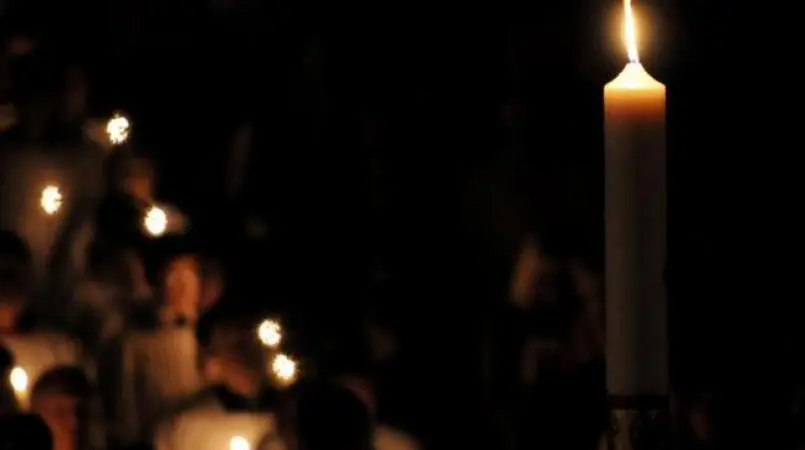
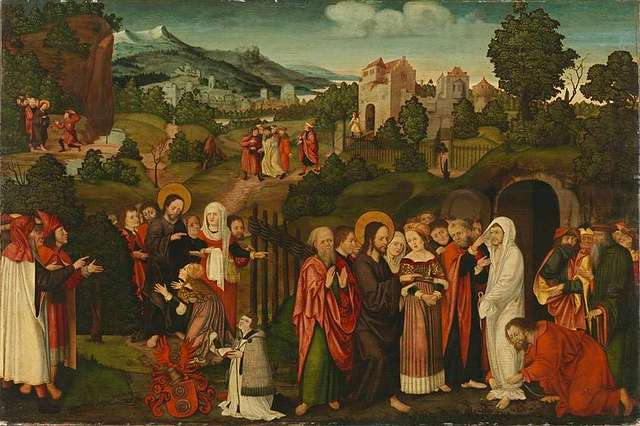
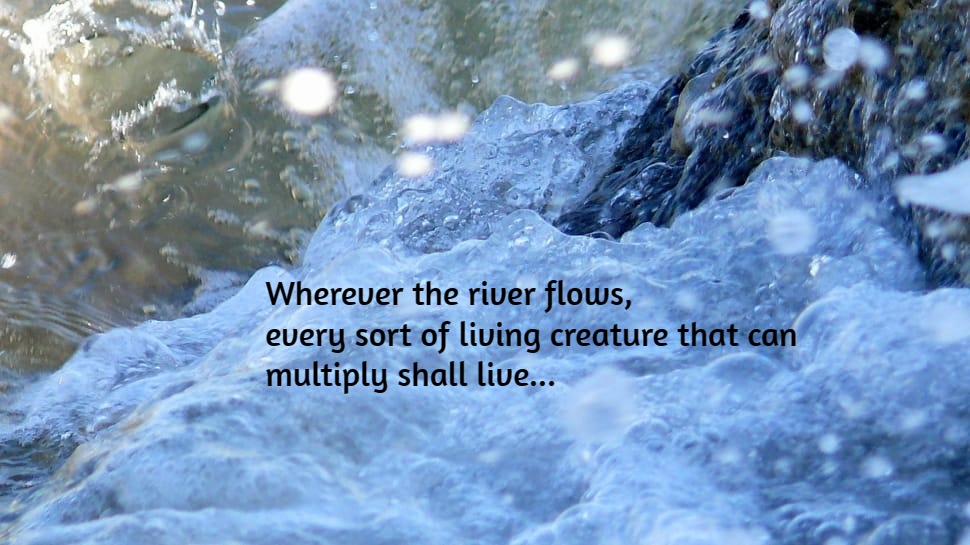
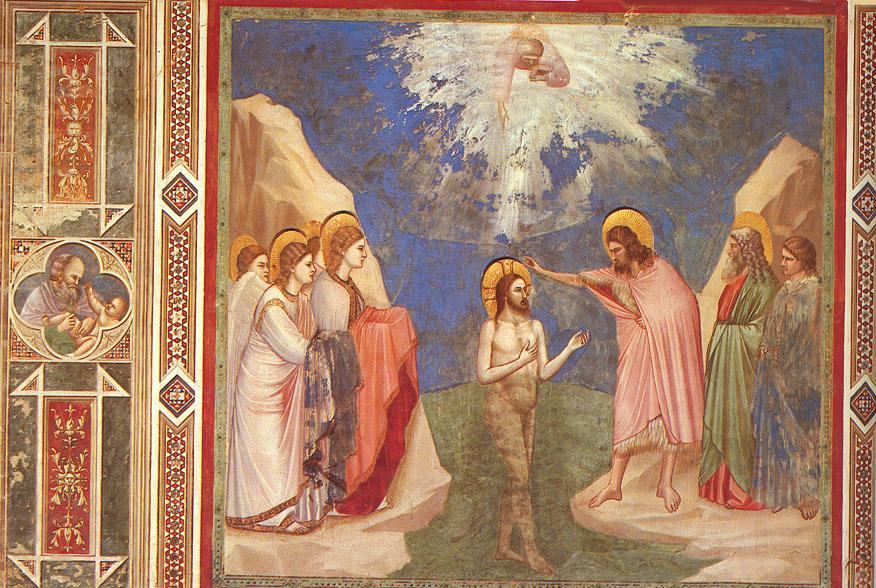
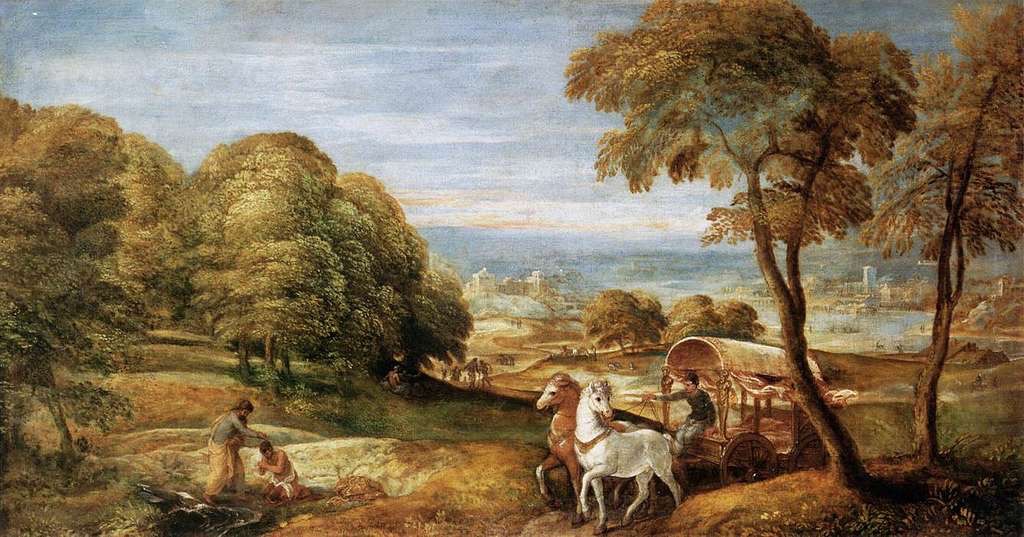
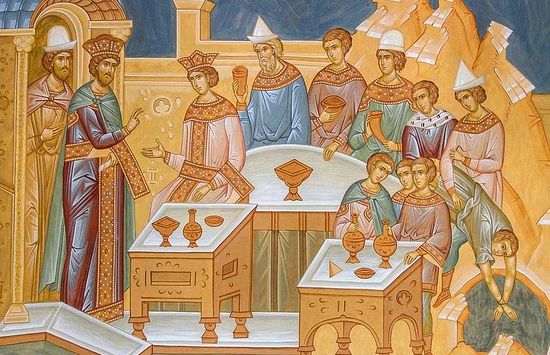
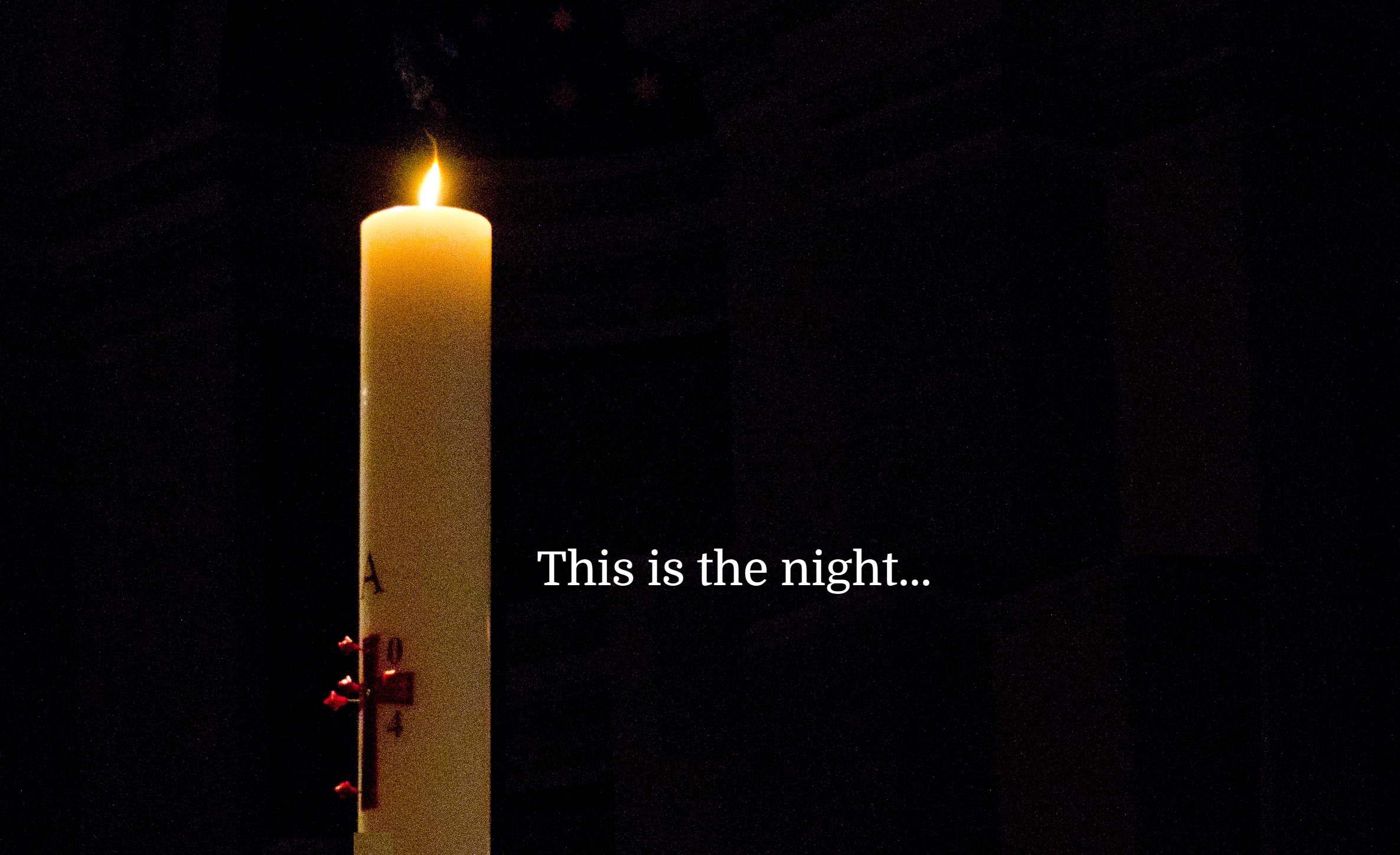
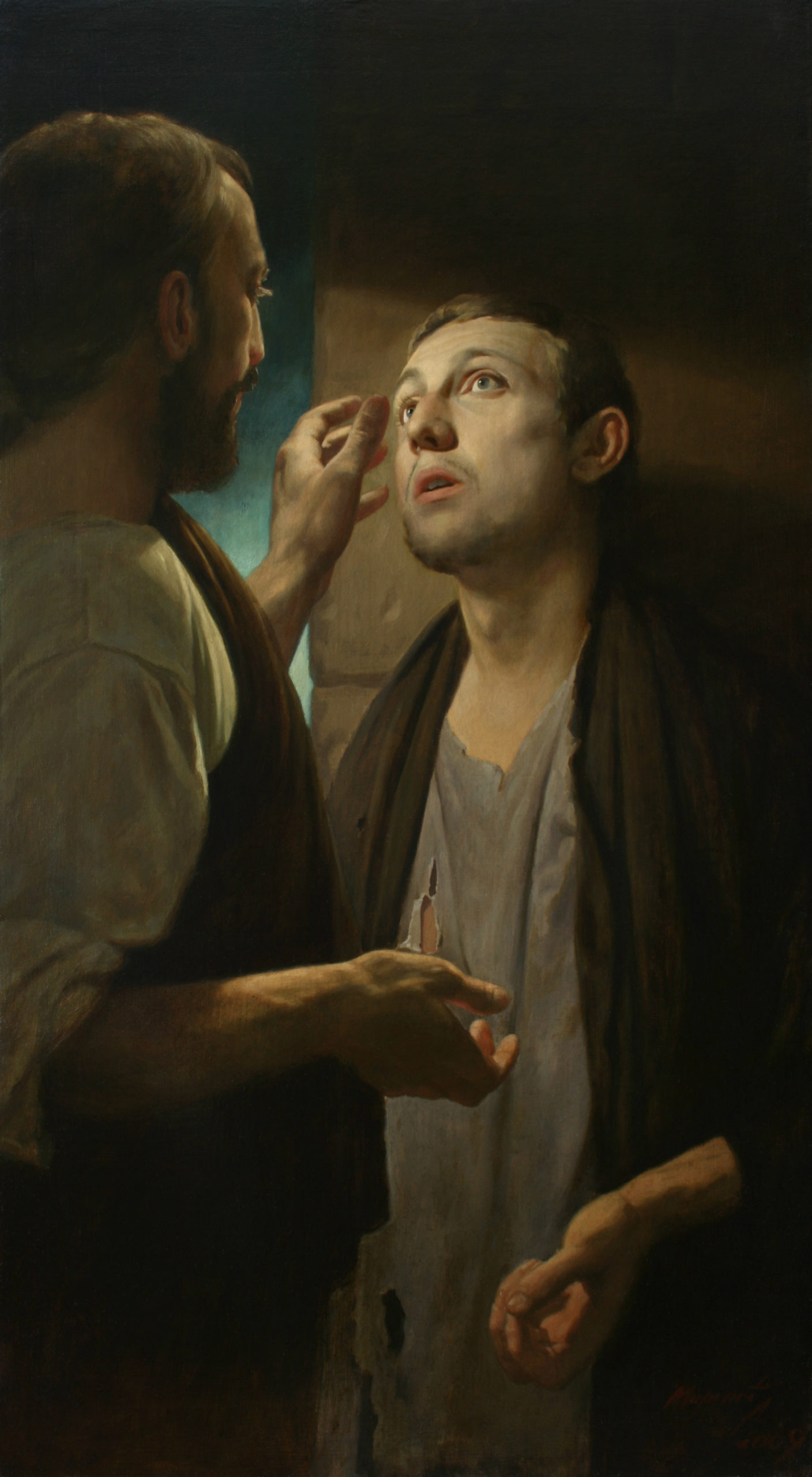
You must be logged in to post a comment.